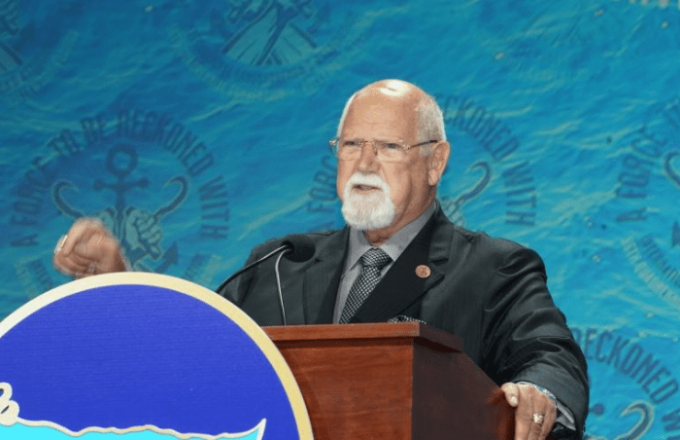Gemini to reintroduce direct Asia-Europe calls at Aarhus and Gothenburg
The first cracks in the Gemini partners’ philosophy of limiting direct calls on their Asia-Europe ...

As the deadline for a new contract between the US east and Gulf coast members of the International Longshoremen’s Association (ILA) and employer body the USMX draws agonisingly closer, the blame game is already well under way.
Yesterday saw another exchange of public announcements, with each ...

Comment on this article